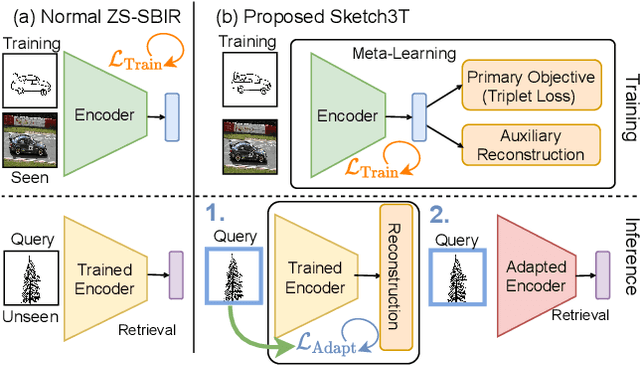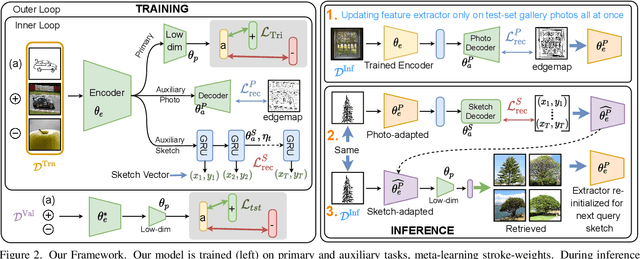Vaishnav Potlapalli
Neural at ArchEHR-QA 2025: Agentic Prompt Optimization for Evidence-Grounded Clinical Question Answering
Jun 12, 2025Abstract:Automated question answering (QA) over electronic health records (EHRs) can bridge critical information gaps for clinicians and patients, yet it demands both precise evidence retrieval and faithful answer generation under limited supervision. In this work, we present Neural, the runner-up in the BioNLP 2025 ArchEHR-QA shared task on evidence-grounded clinical QA. Our proposed method decouples the task into (1) sentence-level evidence identification and (2) answer synthesis with explicit citations. For each stage, we automatically explore the prompt space with DSPy's MIPROv2 optimizer, jointly tuning instructions and few-shot demonstrations on the development set. A self-consistency voting scheme further improves evidence recall without sacrificing precision. On the hidden test set, our method attains an overall score of 51.5, placing second stage while outperforming standard zero-shot and few-shot prompting by over 20 and 10 points, respectively. These results indicate that data-driven prompt optimization is a cost-effective alternative to model fine-tuning for high-stakes clinical QA, advancing the reliability of AI assistants in healthcare.
PromptIR: Prompting for All-in-One Blind Image Restoration
Jun 22, 2023Abstract:Image restoration involves recovering a high-quality clean image from its degraded version. Deep learning-based methods have significantly improved image restoration performance, however, they have limited generalization ability to different degradation types and levels. This restricts their real-world application since it requires training individual models for each specific degradation and knowing the input degradation type to apply the relevant model. We present a prompt-based learning approach, PromptIR, for All-In-One image restoration that can effectively restore images from various types and levels of degradation. In particular, our method uses prompts to encode degradation-specific information, which is then used to dynamically guide the restoration network. This allows our method to generalize to different degradation types and levels, while still achieving state-of-the-art results on image denoising, deraining, and dehazing. Overall, PromptIR offers a generic and efficient plugin module with few lightweight prompts that can be used to restore images of various types and levels of degradation with no prior information on the corruptions present in the image. Our code and pretrained models are available here: https://github.com/va1shn9v/PromptIR
Sketch3T: Test-Time Training for Zero-Shot SBIR
Mar 28, 2022



Abstract:Zero-shot sketch-based image retrieval typically asks for a trained model to be applied as is to unseen categories. In this paper, we question to argue that this setup by definition is not compatible with the inherent abstract and subjective nature of sketches, i.e., the model might transfer well to new categories, but will not understand sketches existing in different test-time distribution as a result. We thus extend ZS-SBIR asking it to transfer to both categories and sketch distributions. Our key contribution is a test-time training paradigm that can adapt using just one sketch. Since there is no paired photo, we make use of a sketch raster-vector reconstruction module as a self-supervised auxiliary task. To maintain the fidelity of the trained cross-modal joint embedding during test-time update, we design a novel meta-learning based training paradigm to learn a separation between model updates incurred by this auxiliary task from those off the primary objective of discriminative learning. Extensive experiments show our model to outperform state of-the-arts, thanks to the proposed test-time adaption that not only transfers to new categories but also accommodates to new sketching styles.
 Add to Chrome
Add to Chrome Add to Firefox
Add to Firefox Add to Edge
Add to Edge